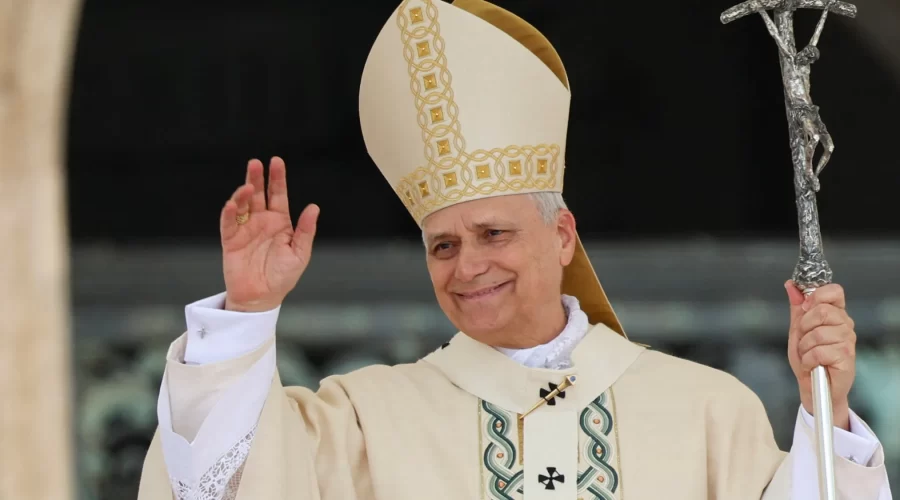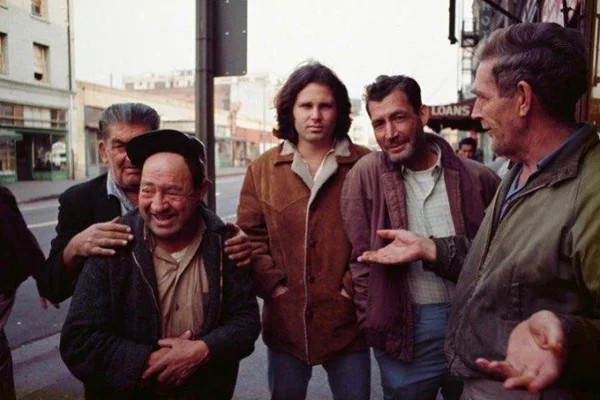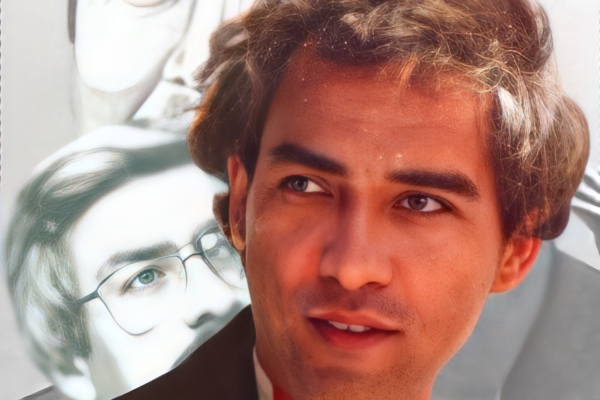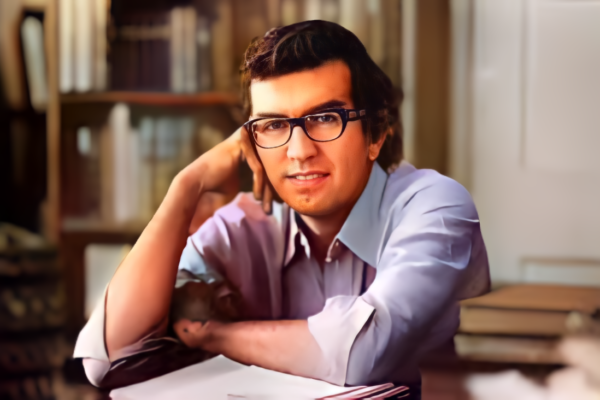IN A WORLD OF POLARIZATION, populism, and moral exhaustion, it feels almost miraculous that a moment of clarity — or perhaps divinely timed disruption — would come not from Capitol Hill, Wall Street, or Silicon Valley, but from the marble balconies of the Vatican.
On Thursday, to the surprise of nearly everyone, white smoke rose from the Sistine Chapel announcing the election of a new Pope — and with it, a thunderclap of history. The man chosen is an American. The first. A spiritual leader born not in Rome or Rio, but across the Atlantic, in a land that once declared itself free from kings, queens, and yes, even popes.

They call him Pope Leo.
If the name feels regal, it should. Leo the Great was a pontiff who, legend says, turned back the armies of Attila the Hun with little more than conviction and courage. Our new Leo — younger than many expected, sober-eyed and silver-tongued — may now face a world just as ferocious: not with a sword, but with a Twitter feed. Not with Mongols, but with disillusionment. And not with lions in the Colosseum, but with cynics in every comment thread.
Let us pause and consider the magnitude of this. For the first time in 2,000 years of Church history, the man who now wears the Ring of the Fisherman hails from the United States — a nation often branded as secular, commercial, and historically uneasy about Catholic power. America has long danced with Catholicism: Kennedy was our first Catholic president, and even he had to prove he wouldn’t be taking orders from Rome. Catholic immigrants once faced slurs and suspicion. Even today, Catholics are both everywhere and oddly invisible in the political landscape.
And yet, here we are. An American is Pope. It’s as if history turned on its heel and whispered, Your turn.
The symbolism runs deep. The United States is a country drowning in moral questions: about justice, dignity, greed, violence, compassion. It’s a place both yearning for leadership and allergic to it. In Pope Leo, there is the hope — or perhaps the fantasy — that someone finally stands above the fray. Not red, not blue. Not beholden to polls or party. But tethered, instead, to something older than ideology: faith, yes, but also courage, conscience, and the willingness to say what must be said.
The challenge Pope Leo XIV faces is not just to lead the Church. It is to redeem its relevance.
The Catholic Church has for too long been viewed as reactionary at best, complicit at worst — plagued by scandal, hollowed by bureaucracy, clinging to outdated doctrines while bleeding young believers. But Leo’s election suggests something new. A turning. A reaching.
In his first address, he spoke not of dogma, but of the dignity of the lost. He invoked migrants and children. The isolated and the forgotten. And in a subtle, unmistakable gesture, he offered a benediction not just in Latin, but in Spanish and Italian — speaking directly to the Western Hemisphere’s beating heart.
It was a small thing. But it thundered.
Here in the U.S., we find ourselves in a kind of spiritual free fall. Our politics have grown tribal. Our media, performative. Our public discourse, poisoned with grievance and short on grace. Religion, once a cornerstone of conscience, has often been weaponized — used to divide rather than unify, to condemn rather than heal.
In this vacuum, Pope Leo could become what no one expected: not just a global spiritual leader, but America’s missing moral voice.
Because unlike a politician, he doesn’t need votes. And unlike a celebrity, he doesn’t need applause. His power isn’t in trending — it’s in transcending. He can speak to injustice without polling first. He can call for mercy without worrying about approval ratings. He can remind us of our common dignity in a way no partisan figure can.
In that, he becomes dangerous. And necessary.
Of course, the risks are enormous. The American Pope will now be watched not only as a global spiritual head but as an implicit representative of a nation struggling with its soul. Every statement will be parsed for political undertones. Every decision — about doctrine, tradition, or inclusion — will be seen through a uniquely American lens.
He may be pulled into debates over abortion, LGBTQ rights, poverty, and immigration with a sharper edge than any pope before him. And in that tension, he must do what so few leaders manage: walk the narrow path between truth and mercy.
But if he succeeds — even partially — he may begin a revolution not of riots, but of remembrance. A revival of what it means to lead by light, not fear.
It is too soon to canonize Pope Leo with praise. But it is not too soon to hope.
Hope that he can rekindle something burning low in all of us — not just faith in a Church, but faith in each other. That he can speak to the weary, the skeptical, the scarred — and call them not to doctrine, but to decency.
Hope that he will remind a fractured America that morality is not something imposed, but something chosen — daily, fiercely, humbly.
And hope that in a time when power has grown cheap, and virtue rare, one voice might rise above the noise… and call us back to ourselves.
TONY CASTRO, the former award-winning Los Angeles columnist and author, is a writer-at-large and the national political writer for LAMonthly.org. He is the author of nine books, including his new debut novel, THE BOOK OF MARILYN. He can be reached at tony@tonycastro.com.





